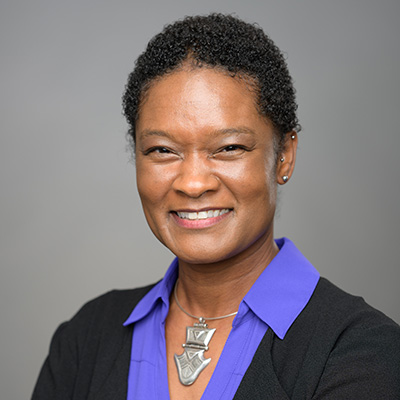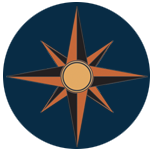
Photo courtesy Tracy Drain
NASA Flight Systems Engineer
she/her
Tracy Drain is a flight systems engineer who has helped to develop, test, and operate a variety of robotic spacecraft for deep space exploration over the past 25+ years. Her passion for space grew from an early love of science fiction – she soaked up Star Trek, Star Wars, and Battlestar Galactica, plus sci-fi and fantasy books by the armload. With her eye on a career in space, she studied Mechanical Engineering at the University of Kentucky and interned at the NASA Langley Research Center. After earning a master’s degree in mechanical engineering at Georgia Tech, she landed a full-time position at NASA’s Jet Propulsion Laboratory in 2000.
As a systems engineer, Tracy works with teams of engineers and scientists to ensure all the parts of a spacecraft (telecommunications, thermal, power, software, etc.), the science instruments, and the mission (spacecraft/instruments, ground data system, mission design and navigation, etc.) are designed to work well together to accomplish the mission goals. Her previous missions have included the Mars Reconnaissance Orbiter, the Kepler mission (an Exoplanet hunter), the Juno mission (orbiting Jupiter) and the Psyche mission (now on its way to study an asteroid). She is currently the Chief Engineer in operations for the Europa Clipper mission which successfully launched in October 2024 and is now on its 5.5-year cruise to Jupiter. After arrival in the Jovian system, Clipper will study Europa – one of the most scientifically exciting moons in our solar system!
A life-long learner, Tracy loves encouraging people to nurture their curiosity and explore the wonders around us, as expressed in her TEDx talk “A Childlike Sense of Wonder: The Curious World of an Aerospace Engineer” and shared in her Nat Geo Live stage show “Cosmic Adventures.” She has joined the advisory board for the University of Kentucky’s Department of Mechanical and Aerospace Engineering. She serves on the planning committee for the National Academy of Science’s Science and Entertainment Exchange, which aims to partner with the entertainment industry to make science more accessible and inspiring to the general public. She also serves on the advisory board of Arizona State University’s Interplanetary Initiative, which seeks to create a positive future for humans in space. In her spare time, she enjoys reading, watching a variety of shows including sci-fi and Korean dramas, studying languages (Spanish and… Korean!), and traveling.


